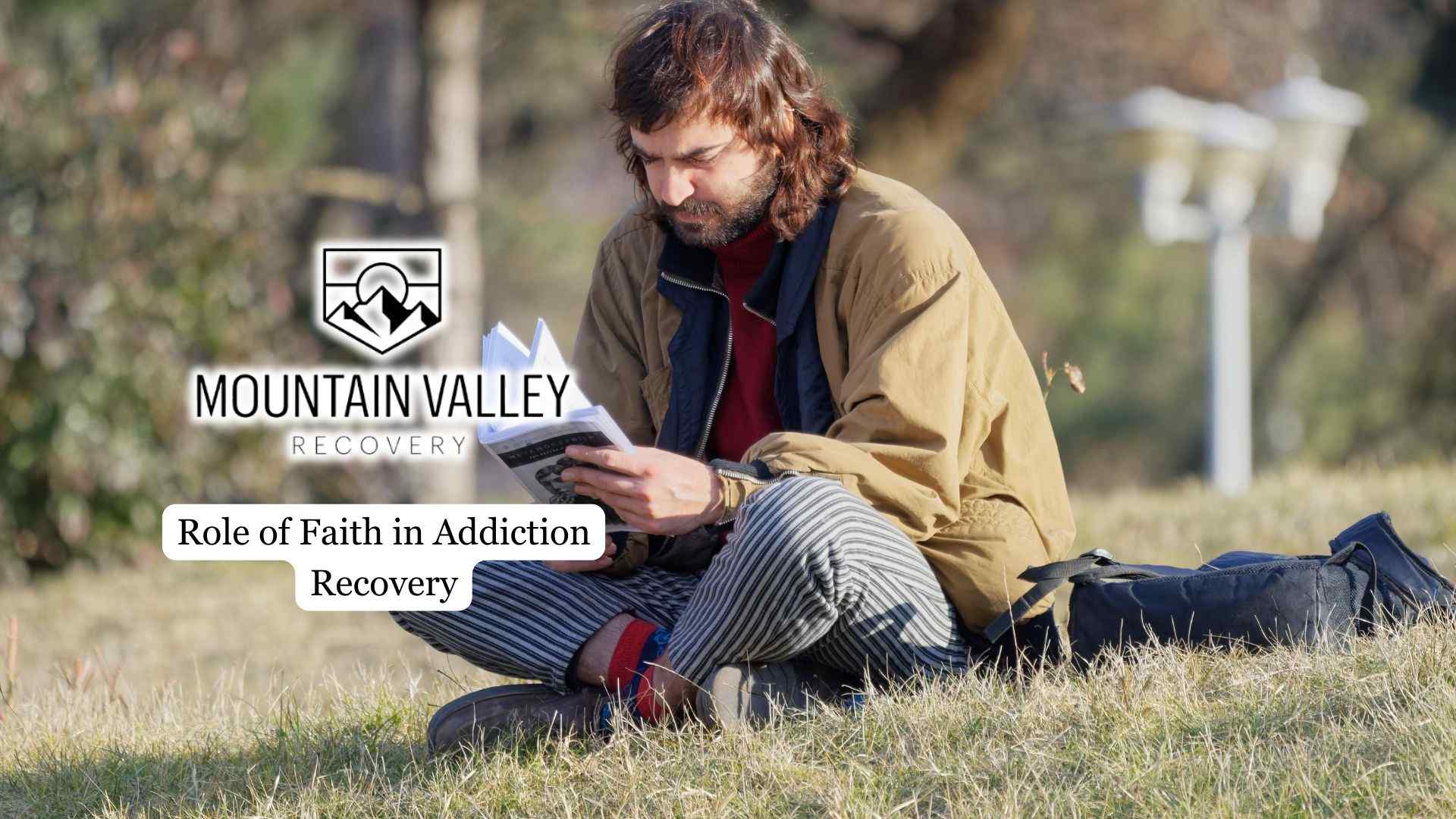Faith, whether rooted in organized religion or a more personal spiritual practice, can serve as a cornerstone for healing, providing a sense of purpose, community, and inner strength. It offers a framework for understanding one’s struggles, fostering forgiveness, and rebuilding a life shattered by addiction.
As we uncover the multifaceted role of faith in addiction recovery, we’ll explore how it can transform the recovery journey, offering hope, resilience, and a path to lasting change.
The Healing Power of Faith
Individuals who experience a spiritual awakening during their recovery journey are significantly more likely to maintain sobriety. In fact, research indicates that 82% of patients who had a spiritual awakening remained sober after one year, compared to only 55% of those without a spiritual component in their treatment.
Faith provides a source of strength, hope, and purpose for those struggling with addiction, offering a framework for forgiveness, redemption, and personal growth. It helps individuals align their mind, body, and spirit, fostering resilience and teaching essential coping skills to navigate the challenges of recovery.
This spiritual dimension complements evidence-based treatments, creating a holistic approach that addresses not just the physical and psychological aspects of addiction, but also the deeper, spiritual needs of the individual.
Whether you’re just beginning your journey or looking to strengthen your sobriety through faith, Mountain Valley Recovery’s faith-based rehab in Utah provides a supportive, understanding environment to nurture your spiritual growth alongside your recovery.
Faith as a Cornerstone in Recovery Programs
The widely recognized 12-step programs, such as Alcoholics Anonymous (AA) and Narcotics Anonymous (NA), have long emphasized the importance of surrendering to a higher power as a crucial step in the recovery process.
These faith-based approaches have shown significant success, with studies indicating that individuals who actively participate in 12-step programs are twice as likely to maintain long-term sobriety compared to those who don’t.
Beyond traditional 12-step models, many treatment centers now incorporate various forms of spiritual practices, including prayer, meditation, and mindfulness exercises, recognizing their positive impact on recovery outcomes. Faith-based programs provide a sense of community, purpose, and moral framework that can be instrumental in rebuilding lives shattered by addiction.
They offer a pathway to forgiveness, self-acceptance, and personal growth, addressing not just the physical dependence but also the spiritual void often associated with substance abuse.

Mechanisms of Faith in Recovery
Faith cultivates a sense of purpose and meaning, thus creating a framework for understanding one’s struggles and fostering hope for a better future. It encourages forgiveness and self-compassion, allowing individuals to let go of guilt and shame that often accompany addiction.
Faith also promotes acceptance and surrender, helping people acknowledge their limitations and trust in a higher power or greater purpose. This spiritual connection can significantly reduce stress, anxiety, and depression, while enhancing emotional resilience.
Faith-based practices like prayer, meditation, and mindfulness equip individuals with effective coping mechanisms to manage triggers and stressors, promoting self-awareness and inner tranquility.
Faith-Based Support Systems
Faith-based support systems play a crucial role in addiction recovery, as they provide individuals a unique blend of spiritual guidance and community support. These systems offer a sense of belonging and acceptance, where individuals can openly share their struggles and successes with others who share similar beliefs and experiences.
The supportive environment fostered by faith-based programs encourages accountability, helping participants stay focused on their recovery goals and maintain personal responsibility. These support systems often extend beyond the individual to include family and community involvement, creating a more comprehensive approach to healing
Learn more about the impact of community on your addiction recovery process here: https://mountainvalleyrecovery.com/community-bonding/
Spirituality and Mental Health in Recovery
People with higher levels of religious faith and spirituality often experience more positive mental health outcomes, including increased optimism, greater resilience to stress, and lower levels of anxiety.
In fact, studies show that spirituality can reduce the risk of depression by up to 22% for those who regularly attend religious services. The integration of spiritual practices into recovery programs has been linked to improved coping skills, enhanced social support, and a stronger sense of purpose and meaning in life.
The key components of many spiritual traditions, meditation and mindfulness, have been found to be particularly effective in managing stress and reducing the risk of relapse.
Final Thoughts from Mountain Valley Recovery
Mountain Valley Recovery in Utah offers a unique faith-based program tailored specifically for men seeking a spiritual path to healing. Our approach recognizes that true recovery encompasses not just the body and mind, but also the spirit. By combining evidence-based treatment methods with faith-oriented practices, at Mountain Valley Recovery we’ve created an environment where men can rediscover their inner strength, build a supportive community, and develop a meaningful relationship with a higher power.





